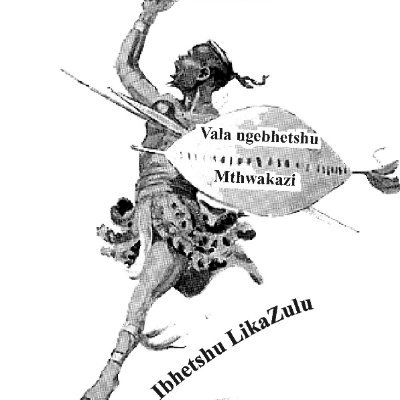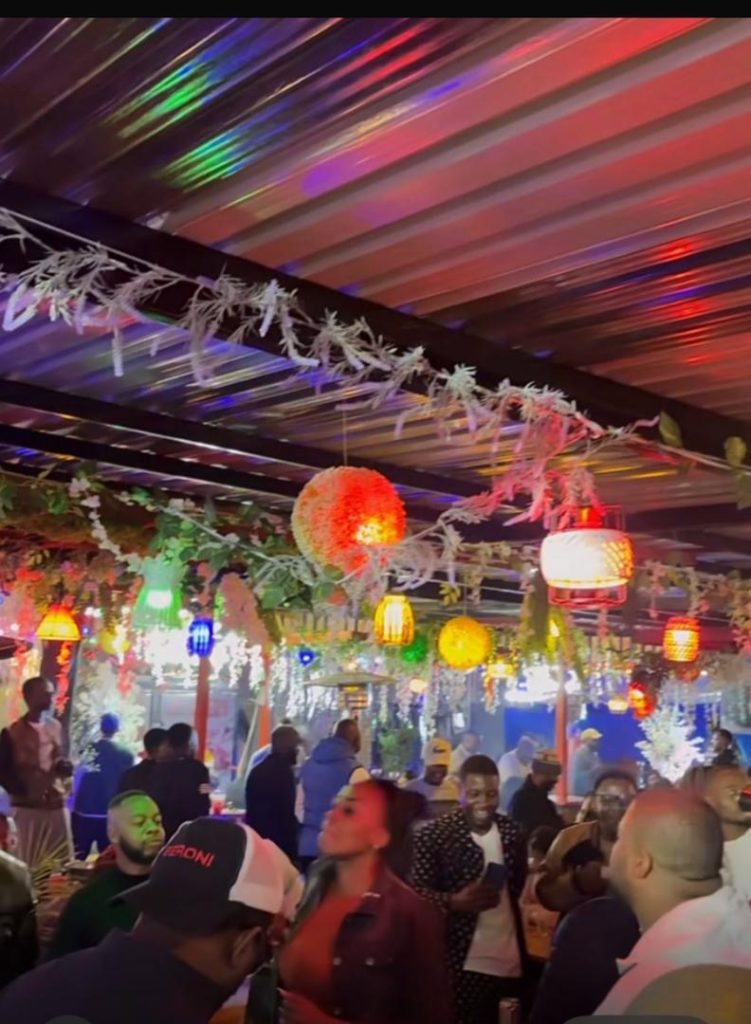By Staff Reporter
Bulawayo — Tensions between the Zimbabwean government and cultural advocacy group Ibhetshu LikaZulu escalated this week following strong criticism directed at Local Government and Public Works Minister Daniel Garwe, over a strongly worded letter he issued rebuking Bulawayo Mayor David Coltart, for engaging with Ndebele cultural figure King Bulelani Khumalo.
In an sharply-worded statement, Ibhetshu LikaZulu condemned what it described as “threats” and “insults” by the minister, asserting that King Bulelani is the rightful heir to the Ndebele throne and a legitimate symbol of the region’s cultural identity.
“King Bulelani Khumalo is not a self-appointed figure,” said Mbuso Fuzwayo, secretary general of Ibhetshu LikaZulu.
“He was identified through a culturally grounded and consultative process involving Ndebele traditional experts and the royal family.”
Garwe in his letter warned against aligning municipal governance with “non-state actors” — a characterization that Ibhetshu LikaZulu rejects as both unconstitutional and culturally offensive.
Ibhetshu LikaZulu argues that the Constitution protects cultural rights, including the recognition of traditional leaders.
The Matebeland pressure group insists that the minister’s stance is a continuation of long-standing efforts to suppress Ndebele cultural identity — efforts that, it argues, trace back to colonial times and were perpetuated during the Gukurahundi massacres of the 1980s.
“The Minister’s threats are not just directed at an individual,” the group stated, “but at the Ndebele people at large. They insult our heritage and the sacrifices of our historical leaders like King Lobengula, who resisted colonial occupation.”
The group also called into question the legitimacy of political actors who attempt to delegitimize traditional authority, accusing them of maintaining “tribal imperialistic interests” under the guise of national unity.
The Ndebele monarchy was dismantled after King Lobengula’s defeat by British colonial forces in 1893, and post-independence Zimbabwe never formally reinstated monarchic structures.
During the drafting of the 2013 Constitution, debates around recognizing traditional leaders — including kings — sparked political friction, particularly among groups wary of ethnic regionalism.
Despite this, Ibhetshu LikaZulu maintains that cultural recognition is not incompatible with democratic governance.
“Constitutions…are not cast in stone,” the group stated, suggesting that if changes are necessary to accommodate traditional leadership, they should be considered through public will.
Ibhetshu LikaZulu has vowed to continue advocating for full recognition of King Bulelani Khumalo and the cultural rights of the Ndebele people.
“When the time comes for the coronation of our King,” they said, “the government will be informed, not consulted for permission.”




